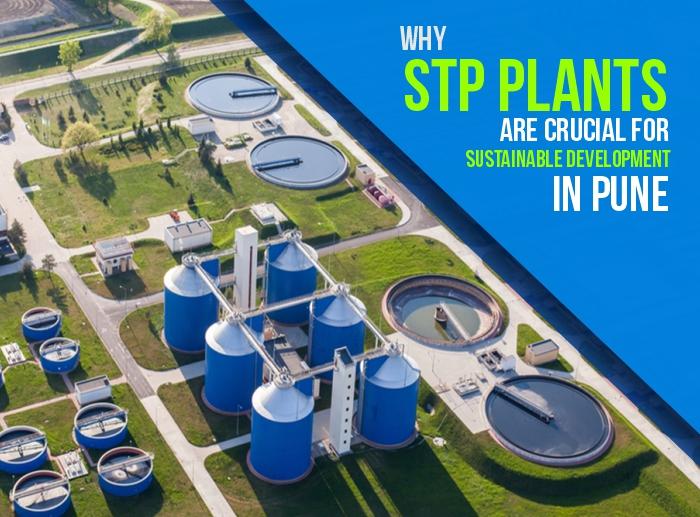Notifications

5 minutes, 9 seconds
-12 Views 0 Comments 0 Likes 0 Reviews

Introduction
With increasing urban development, water scarcity, and stricter environmental regulations, installing a reliable Sewage Treatment Plant (STP) has become essential for properties in Pune—whether residential societies, commercial complexes, hospitals, or industrial parks. But selecting the right STP plant isn’t just about ticking compliance boxes—it’s about choosing a sustainable, cost-effective solution that meets your specific wastewater treatment needs.
In this article, we break down the critical factors to consider when choosing the right STP plant in Pune for your property.
The first step is to analyze the nature and volume of sewage your property generates.
Residential Complexes: Daily load varies based on occupancy. Ideal for MBBR or SBR technology.
Hotels & Hospitals: Require higher treatment efficiency due to complex waste composition.
Commercial Buildings & IT Parks: Require STPs with high reliability and automated systems.
Industries: Often require integration with ETPs for mixed effluent.
Pro Tip: Know your daily sewage load in KLD (kilolitres per day). For most societies, 100–200 KLD plants are common.
There are multiple STP technologies, and each has its pros and cons. Some of the most widely used in Pune include:
MBBR (Moving Bed Biofilm Reactor): Low maintenance, compact, suitable for residential use.
SBR (Sequential Batch Reactor): High treatment efficiency, suitable for varying loads.
MBR (Membrane Bio-Reactor): Premium solution for advanced purification and reuse.
FBR (Fluidized Bed Reactor): Good for industrial or high-load systems.
Recommendation:
For residential complexes → MBBR or SBR
For commercial/industrial → SBR or MBR
In Pune, the Maharashtra Pollution Control Board (MPCB) has specific guidelines for sewage treatment and discharge.
Treated water must meet BOD, COD, and TSS standards.
Societies are encouraged to reuse treated water for gardening, flushing, and car washing.
Checklist:
Does the STP vendor offer MPCB-compliant systems?
Will they assist with regular water quality reports and documentation?
Pune faces periodic water shortages, so reusing treated wastewater is both eco-friendly and cost-saving.
Look for STPs that support recycling for:
Toilet flushing
Gardening/landscaping
Cooling towers
Floor washing
Bonus: Properties with in-house reuse systems also improve their green ratings and sustainability credentials.
STPs need adequate space, ventilation, drainage, and access for maintenance.
Underground STPs are preferred for space-saving in housing societies.
Containerized STPs are ideal for quick installation in compact properties.
Rooftop/compact units are available for small buildings and hotels.
Tip: Ask vendors for a site visit and custom layout drawing.
Modern STPs come with SCADA-based control systems, remote monitoring, and alarm notifications. Choose automation level based on:
Operator availability
Plant size
Regulatory monitoring needs
Also, ensure the vendor provides:
Regular AMC (Annual Maintenance Contracts)
Remote support
Training for facility staff
Choose an STP supplier or contractor with proven local experience.
Check references of projects in Pune (societies, offices, hotels).
Ask for operation performance reports.
Review their post-installation support and spare part availability.
Local Knowledge = Faster Permits + Better Support
An STP is a long-term investment. Don't go for the lowest price—look at:
Initial CapEx (installation cost)
Operational Expenditure (power, chemicals, manpower)
Return on Investment through water savings and environmental compliance
Remember: Efficient, automated systems may cost more initially but offer long-term savings.
Choosing the right STP plant in Pune depends on multiple factors—property type, technology, space availability, compliance, reuse goals, and vendor expertise. A well-chosen STP ensures environmental responsibility, reduces water bills, and keeps you on the right side of the law.

